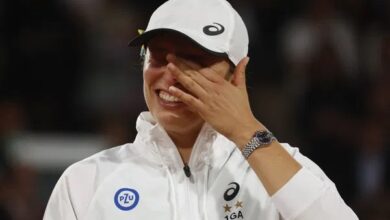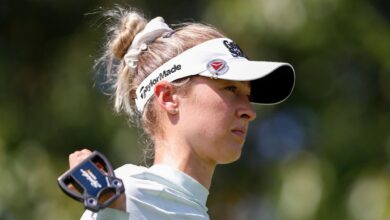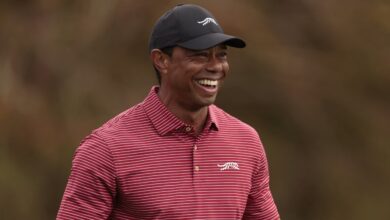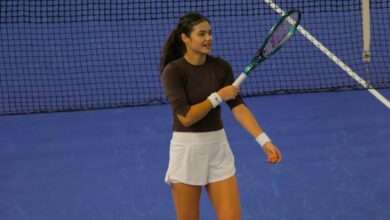Down but never out, Lydia Ko’s career resurgence is one for the ages
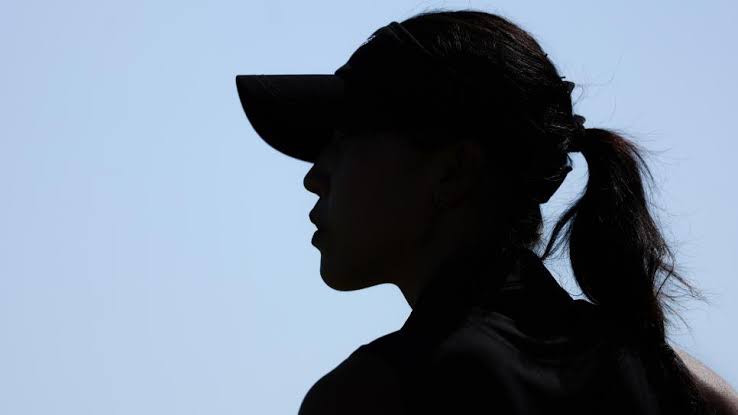
There’s really no one in the history of golf like Lydia Ko. First, there’s a pretty air-tight argument that Ko is the greatest very young player in golf history. Yes, including Tiger Woods, who from the ages of 15 through 20 won three straight U.S. Juniors followed by three straight U.S. Amateurs. But in the 14 PGA Tour events he played as an amateur from 1992 to 1996, he made five cuts, with a best finish of T-22 at the 1996 British Open.
By comparison, Ko won a professional event as a 14-year-old amateur, the 2012 Women’s NSW Open on the Australasia tour. Then, still an amateur, she became the youngest to win on the LPGA Tour with the 2012 CN Canadian Open and repeated in 2013. After turning professional at the start of the 2014 season at age 16, she went on to win 12 events in her first three seasons, including two majors, and at age 17 became the youngest golfer of either gender to reach World No. 1.
Indeed, as far winning at the highest level at the youngest age, Ko’s closest historical rival is not Woods, but Young Tom Morris, who was 17 in 1868 when he won the first of four consecutive Open Championships. But here’s the other thing about Lydia Ko. Just as she rose sooner, faster and higher than anyone else, she suffered a sudden and precipitous fall. Beginning in 2017, she won only twice in her next five seasons, and in 2020 sank as low as 55th on the Rolex Rankings.
The cause remains a mystery even to Ko, whose work ethic or outward zeal would never flag. Eyebrows were raised at the 2015 Australian Open, which she won at 17 and said in the same week that she intended to retire at age 30 with a plan to work in the field of psychology. “I was just fascinated about why I do certain things, why other people do certain things,” she would say later.
But why at such a young age, and in the midst of such a charmed start, would she see herself finished so soon?
Ko’s reversal of fortune would actually begin in the latter half of her most successful season, 2016. After winning the ANA Inspiration, she attempted to become only the third woman to win three majors championships in a row at the KPMG Women’s PGA Championship. But 18-year-old Brooke Henderson, who had caught Ko with a late rush, beat her in sudden death.
It was Ko’s first cruel defeat, and what in 2018 she called “my toughest moment.” Five weeks later, she took a one-stroke lead into the final round U.S. Women’s Open at Cordevalle. A double bogey on the 63rd hole shook her, and she finished tied for third. When Ko was recently asked by reporter Claire Rogers to name the low of her career, she singled out the way she responded, saying “I was so flustered I kind of lost it on the last nine holes” when she still had a chance to win. “I wish I had a better mindset then.”
Ko won again the next week, but then played poorly the rest of the year. Afterward, there was upheaval. She left instructor David Leadbetter, who had encouraged a swing change in 2016 that more easily produced a draw than her normal fade-favoring action, fired the caddie who had looped for 10 of her 14 victories, and signed with a new club manufacturer.
The figure who plausibly was hurt the most from one of Ko’s changes, teaching professional Guy Wilson, her coach for her first 11 years in New Zealand, said last week: “There are [golfers] that are happy just doing what they’re doing and maintaining their level but like Tiger [Woods], Lydia, always wanted to be better. She always saw things that could be improved and if that meant changing the swing or changing the caddie (Ko had seven in her rookie year) or coach, it was one of the things that she’s done.”
On an LPGA podcast recently, Ko said, “sometimes you have to make what look like drastic decisions” in the interests of improving. She also conceded, in a profile last year in the British magazine, The Gentle Woman, “I’m pretty stubborn. Sometimes it might not be the best mindset to receive actual information … when someone is, like, ‘No,’ I’m like, ‘I’m right.’”
But by 2020, acknowledging that she was lost, Ko enlisted Sean Foley, who became her seventh coach in seven years. They worked to restore elements of Ko’s original motion and put more muscle on her slight frame. “She was utterly confused about her swing,” Foley said. “But I thought, ‘She’s Lydia Ko. She can’t be that far off.’ She asked a lot of questions, and the more we talked, the fewer questions there were. Eighty percent of it was understanding herself better and forgiving herself for past mistakes. And then she started swinging better. And then it was like, she’s still Lydia Ko.”
Foley was referring to the 2022 season, when Ko, having picked up about 10 yards off the tee, won three times and returned to World No. 1. It was a singular feat. Among the game’s Hall of Famers, only Gene Sarazen (two major wins at age 20) and Beth Daniel (two U.S. Women’s Amateurs and 12 LPGA wins by 25) went through prolonged slumps to return to the very top of the game. Since 2010, several players of both genders who attained World No. 1 early in their careers have suffered subsequent severe career downturns, including Jordan Spieth and Jason Day among men, and Jiyai Shin, Yani Tseng, Sun Hyun Park and Ariya Jutanugarn on the women’s side. Some of them have rebounded and some haven’t, but none ever returned to No. 1. Except Ko.
At the end of ’22, Ko married Jun Chung, the son of Hyundai Card vice chairman and CEO Ted Chung, who worked in the San Francisco Bay Area. Ko’s new bicoastal residences meant less time in Orlando, leading to an amicable split with Foley. But Ko went without an official win in 2023, a season she described as emotionally difficult because of poor play, although an unofficial victory partnering with Jason Day at the Grant Thornton Invitational turned on a light, and she started 2024 with a victory at Lake Nona.
It put her within one point of becoming the youngest ever to crack the rigid requirements of the LPGA Hall of Fame. And it looked like Ko would get in the very next week at the LPGA Drive On, until Nelly Korda went eagle-birdie on the last two holes of regulation to tie Ko and then beat her in a playoff.
Over the next several months, Ko played indifferently, often pressing for that last point. Conversations with Chung and her mother helped ease the tension, and while her A game still felt far away when she left for the Paris Olympics, Ko felt focused and positive.
